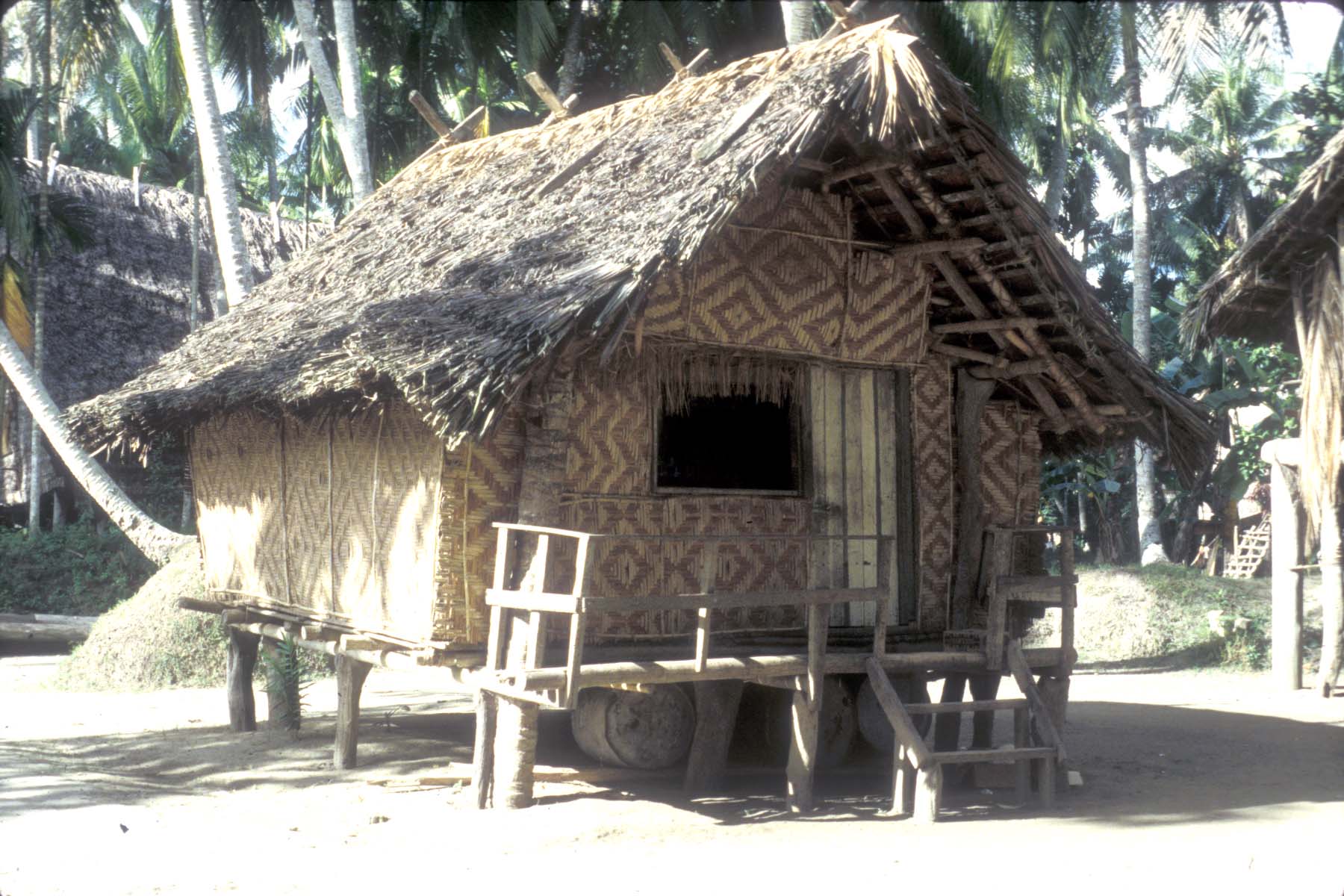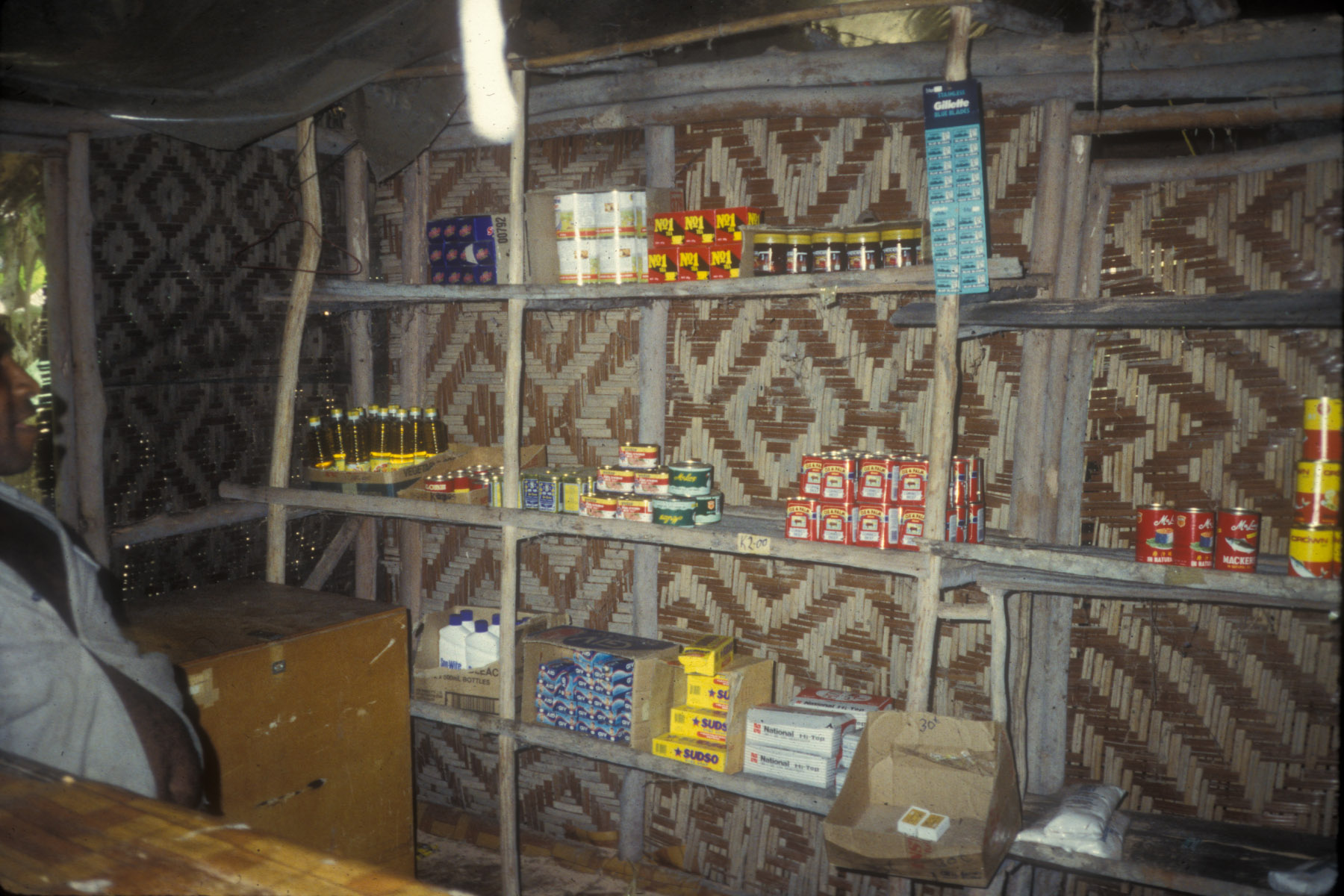**This is an old revision of the document!**
Table of Contents
Capital and community
Capital and community
Ryan Schram
ryan.schram@sydney.edu.au
Mills 169 (A26)
Wednesday, August 23, 2017
Available at http://anthro.rschram.org/1002/4.2
Marxist analysis is about finding contradictions
- It was the best of times, it was the worst of times.
- Never before can we feed so many, and never before have so many people been without food.
- Everyone in Australia can afford “fast fashion,” but people in Bangladesh work themselves to death for minimal wages.
- Social systems and the global systems are defined by their contradictions. They contain an ongoing struggle of life and death.
A trading network in Papua New Guinea
Making pots in Salamaua
We the people of Salamaua would like to put down the prices of our things in this newspaper so that all of you will see them. We would like this message to all of you people in villages in the area of Markham River and Finschhafen.
Now you all see the prices for all these things and then you all will get it right. So, prices for them are like this: If you see a pot for 4/-, then you pay with (givim long) two big pandanus of 4/-. If a pot for 2/-, then you pay with (givim long) a pandanus of 2/-. The reason is you all always just bring pandanus and get pots. So, you all don’t know the price (pei) of these things. And so, we put them for the pots so that you all can see them.
If a pot is 5/-, or L1, then you must pay (pei) directly with money. It is not good that you should give pandanus for 5/- and L1 and get a pot. You know that the work of a pot is not like the work of pandanus - Pots are harder work than pandanus, so you must pay directly for big pots with real money.
The work of pots is like this:- The very first thing, they must dig the ground and they get really deep. After that, they bring it to the village and the work of women now begins. The women bake the earth in a really big fire - They bake this earth so that it becomes really strong. This work isn’t easy. It’s really hard work. Many days pass, and then the pot is now finished and a man can cook food in it.
We say this because you all have put down many things of yours - So we see this and so we Salamaua people, we support you all. Our message is finished. We all the people of Salamaua.
“People of Salamaua.” 1948. “Pei bilong sosopen.” Lae Garamut (28 August) 2(23): 4.
Commodities
The real value of a commodity comes from the labor that goes into it.
Commodities are “congealed labor” (Marx 1859, Part I).
The fetishism of commodities
“A commodity appears, at first sight, a very trivial thing, and easily understood. Its analysis shows that it is, in reality, a very queer thing, abounding in metaphysical subtleties and theological niceties.”
“[A table is just wood made useful by work.] But, so soon as it steps forth as a commodity, it is changed into something transcendent.” (Marx 1867, vol 1, sect. 4)
Just for men
Fresh food people
Alienation in the village: Maimafu
Approximate location of Maimafu village, Lufa district, Eastern Highlands Province, PNG
Report from The Sepik River
When a gift system meets a commodity system
When a society organized on the basis of gifts encounters a globalizing capitalist market, many different outcomes are possible.
- Tension and conflict
- Efflorescence
- Transformation
We started with understanding these as separate responses to the confrontation of two different types of system. Next week we will start to think about how these kinds of responses occur in every society.
The chain of commodities
- One of the building blocks of globalization is the “commodity chain”
- A commodity chain is a series of links between places involved in the production of goods for consumption
- Practically everything for sale in Sydney is created by moving through several links in a chain that goes around the world
- Commodity chains are also connections between people in different kinds of social system
Globalization
- Globalization of capitalism does not create a monoculture.
- A better definition of globalization is the creation of a new system of inequality.
- Everyone depends to some extent on the working of a global capitalist system, but everyone occupies a different, unequal position with respect to the whole system
- People in any one position within global capitalism do not see the whole system. They only see their part of it.
- Maimafu needs to be a “traditional society” based on gifts and a “modern society” based on labor for globalization to work.
References
Kruger, Barbara. 1987. Untitled (“I Shop Therefore I Am”). Photographic silkscreen on vinyl. http://www.art21.org/files/imagecache/full_image/images/kruger-photo-002.jpg.
Marx, Karl. 1859. A Contribution to the Critique of Political Economy. Moscow: Progress Publishers. https://www.marxists.org/archive/marx/works/1859/critique-pol-economy/.
Marx, Karl. 1867. Capital, Vol. 1. Moscow: Progress Publishers. https://www.marxists.org/archive/marx/works/1867-c1/.





